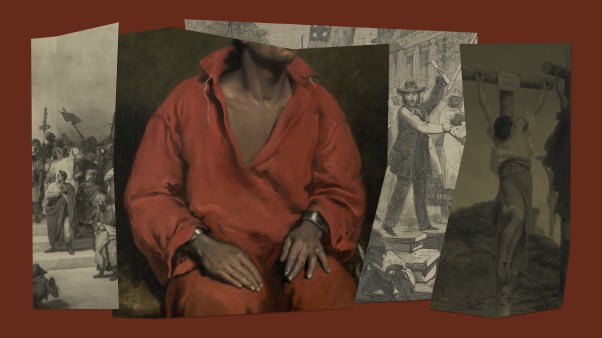The Clapham Sect was not satisfied to reform Britain but also any place Britain touched, beginning with India.
Since 1613 the East India Company, a privately owned stock company, had done business in India and the Far East on behalf of Britain. It was company policy not to interfere with the beliefs and practices of the people with whom they traded. But by the late 1700s, this policy was being challenged, most prominently by Charles Grant.
Grant (1746-1823) had been known for his profligate lifestyle while he worked his way up the corporate ladder in India. After he lost two children to smallpox, he underwent a religious conversion. He became increasingly appalled by such Indian customs as exposing the sick, burning or drowning lepers, and sati, the ritual burning of widows. He was also dismayed by the immorality and indifference of British rulers in India.
Grant believed Protestant missionaries could help. But in order to gain passage to countries in the Far East, and to enjoy protection while there, missionaries needed licenses from the East India Company which the company refused to give. It feared missionary attempts to reform the host country would incite revolts and thus harm the company’s bottom line.
Grant continued to rise in prominence in the East India Company, and he eventually returned to England to become chairman and director of the company in 1805, as well as a Member of Parliament. He found allies in the Clapham Sect, for whom the Christianizing of India had became a cause second only to abolition.
In 1793 the Claphamites had tried but failed to alter the charter of the East India Company to allow for missionaries. They were able, though, to get evangelicals, such as Henry Martyn, appointed as East India Company chaplains, who in fact did missionary work as well.
In 1813, when the company’s charter came due for renewal, the Clapham forces were prepared. They mobilized public opinion, securing a half million signatures on petitions. They used their considerable political skills in and out of Parliament. Grant, Wilberforce, and their friends overturned the vested interests of the company and gained a “Missionary Clause” in the new charter.
Thus the precedent was set for missionaries to go not only to India and China but anywhere Britain had an international presence. And in the 19th century, that meant a lot of the world.
Copyright © 1997 by the author or Christianity Today/Christian History magazine. Click here for reprint information on Christian History.










